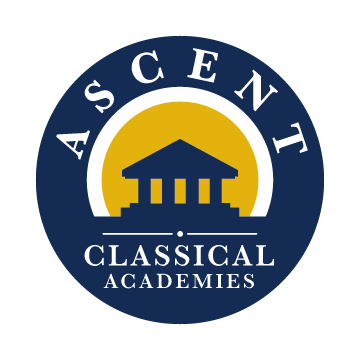A typical and sadly misguided criticism of classical education, and really any education that is serious about civic knowledge, comes in the form of a question. Sarcastically, and with a superior air, the critic asks: “when are you ever going to need to know the date of that?” Whether that is the start of the Civil War, the fall of the Berlin Wall, or what have you, so long as you can look it up on Google, the argument goes, there is no need to know it for yourself. Rather, you just need to “think critically and creatively” without bothering yourself with meaningless trivia like words and dates and sequences of events.
But this is quite the pernicious error. Recently in class I asked students if they knew what the word “führer” meant, since we will be studying Churchill shortly and it is worthwhile to know about his German nemesis. The term führer really just means “leader” in German, which is all the more disturbing considering how often we speak of leaders and leadership today, rather than statesmen. The thing is, the students did not know the word, and it therefore did not call to mind the terrifying spectacle that was National Socialism in Germany, or the monster that led its ranks of activist youth. So, we took some time to understand the term, to know that to have a leader is to imply having a follower (though we hesitate to draw that conclusion in our own cases …). Knowing the word is more than trivia, just like knowing the dates of historical events is more than fodder for cocktail conversation.
The problem with the “look-it-up-later” view of teaching history is that without a good amount of knowledge to begin with we don’t know where to look and what to look for. Conversations of grave importance to our national and civic health pass us by and we are reduced to the only thing we do know, which is our feelings. We don’t know which sources are on the mark, off the mark, or close. Is the radio program you just listened to biased? If so, from what perspective? Is the bias a legitimate one with everything explicit, or is it underhanded and deceptive? Is a Supreme Court decision that just came out in harmony with the Constitution? If not, why not? We don’t know how to judge the relevance of such information without a store of knowledge against which to test it. We therefore can’t really increase what we know and can’t improve how we act.
Teaching civics means more than stoking feelings to promote activism and advocacy, which is all too common today. It means propagating our culture through a robust understanding of the men, women, and events that made our world what it is, and therefore who have made us who we are. That, after all, is not something you can just look up.
